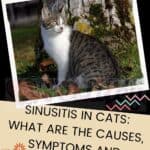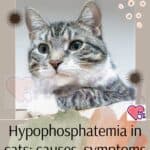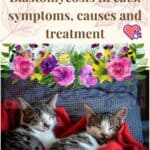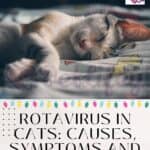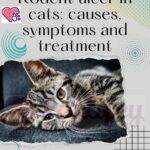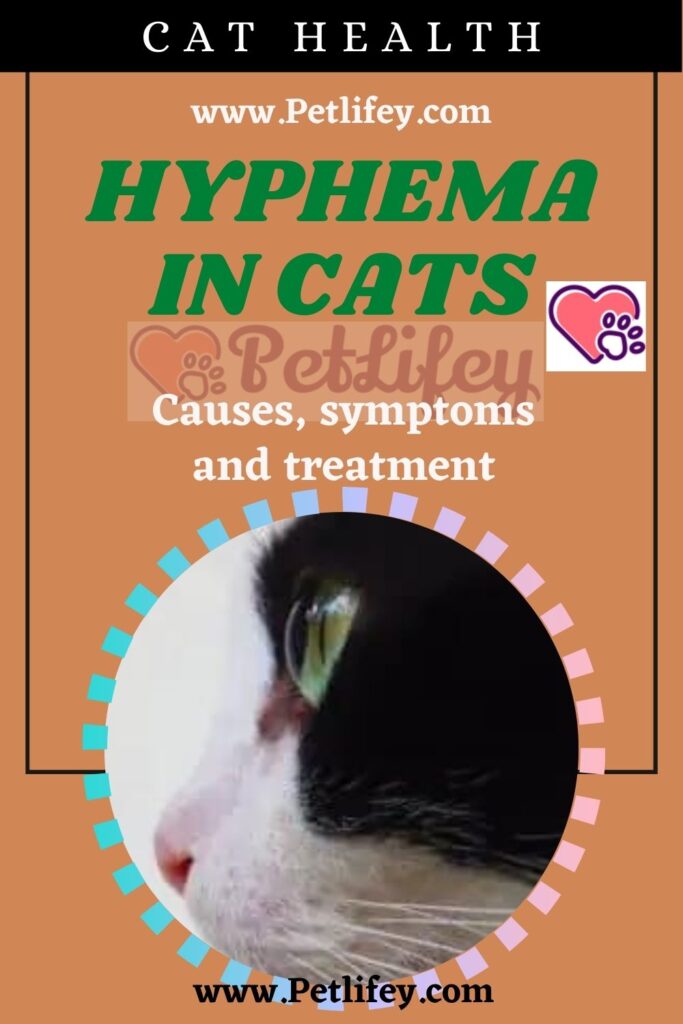
The term hyphema we mean the bleeding of the cat’s eye. The effusion originates from the iris blood vessels but can also originate from the ciliary body, choroidal blood vessels, or retinal blood vessels. Cats affected by this disease experience a progressive decline in visual function, in both one and both infected eyes. However, if only one eye is involved, the cat’s behavior is usually normal. obviously the cat suffering from hyphema has sore eyes, tearing increases and the eyelids are blinked often.
Trauma-induced hyphema is often accompanied by bleeding or bruising of the conjunctiva and tissues surrounding the eye. Bleeding, if it affects the whole eye, leads to complete blindness because the blood forming clots completely blocks the visual function of the eye. Eyes with severe hyphema have a higher risk of developing glaucoma and need constant eye exams to keep it under control.
The presence of hyphema may be a symptom of a serious eye disease or a manifestation of an internal problem localized to other body regions. Spontaneous hyphema can arise in the presence of numerous different ocular and systemic pathologies. Therefore, it is critically important that the cause is identified immediately.
What are the triggers and factors of hyphema?
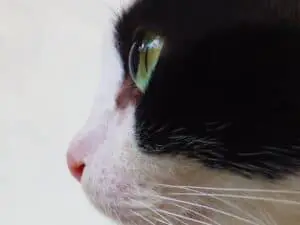
Symptoms of hyphema can be of different nature and origin. Some are spontaneous others are due to trauma.
- Hyphema induced by blunt or penetrating trauma
- Chronic or severe uveitis
- Failed clotting of platelets
- Systemic hypertension of the vessels of the eye
- Infectious diseases (infectious panleukopenia)
- Detachment of the retina or tearing of the retinal vessels.
- Neoplasms of the eye.
We will find redness of the cornea, iris and pupil. There is a real collection of blood inside the eye hiding the pupil. This blood collection can deposit on the floor of the anterior chamber by gravity and form a blood clot in the same chamber. Other signs of trauma (bruises, wounds), inflammation or irritation (redness, ocular discharge) of the eye. Possible pain accompanied by squinting or closed eyes.
Monocular (if only one eye is affected) or binocular (if the condition affects both eyes) blindness.
What do industry experts advise?
We recommend a complete examination of the eye through a specialist visit to the ophthalmologist. If the animal has come into contact with poisonous substances, it must be reported immediately to the veterinarian; in case you experience sudden bloody, take him to the vet immediately because he may have ingested a poison. We will have a complete ophthalmic exam performed. Typically includes: examination of the inside of the eye using suitable magnifying glasses, staining of the cornea with fluorescein and tonometry to identify the presence of glaucoma.
It is important to determine the extent of the hyphema. Blood tests will be useful to check the correct functioning of the platelets, to rule out any bacterial infections. Biochemical profile to verify the functionality of internal organs and the quantity of proteins in the serum. Thyroid test. Surely it will be a must to measure the blood pressure of the eye to determine if the cat has elevated blood pressure. We can also ask for an ultrasound to help identify the presence of abnormal masses in the eye, lens dislocation, retinal detachment or vitreous hemorrhages.
The first thing we will definitely do is treat the pain and inflammation in order to avoid the pain of the cat itself. Use of topical corticosteroid medications, in the form of eye drops or ointment. They are used to reduce inflammation in the anterior chamber of the eye.
Keep the cat indoors as quiet as possible to help stop bleeding, to allow hyphema to settle in the eye, and to reduce the risk of further bleeding. We will definitely limit the cat’s physical activity for 7-10 days. Avoid going outdoors when a cat lives outside because the loss of vision can cause serious accidents.

